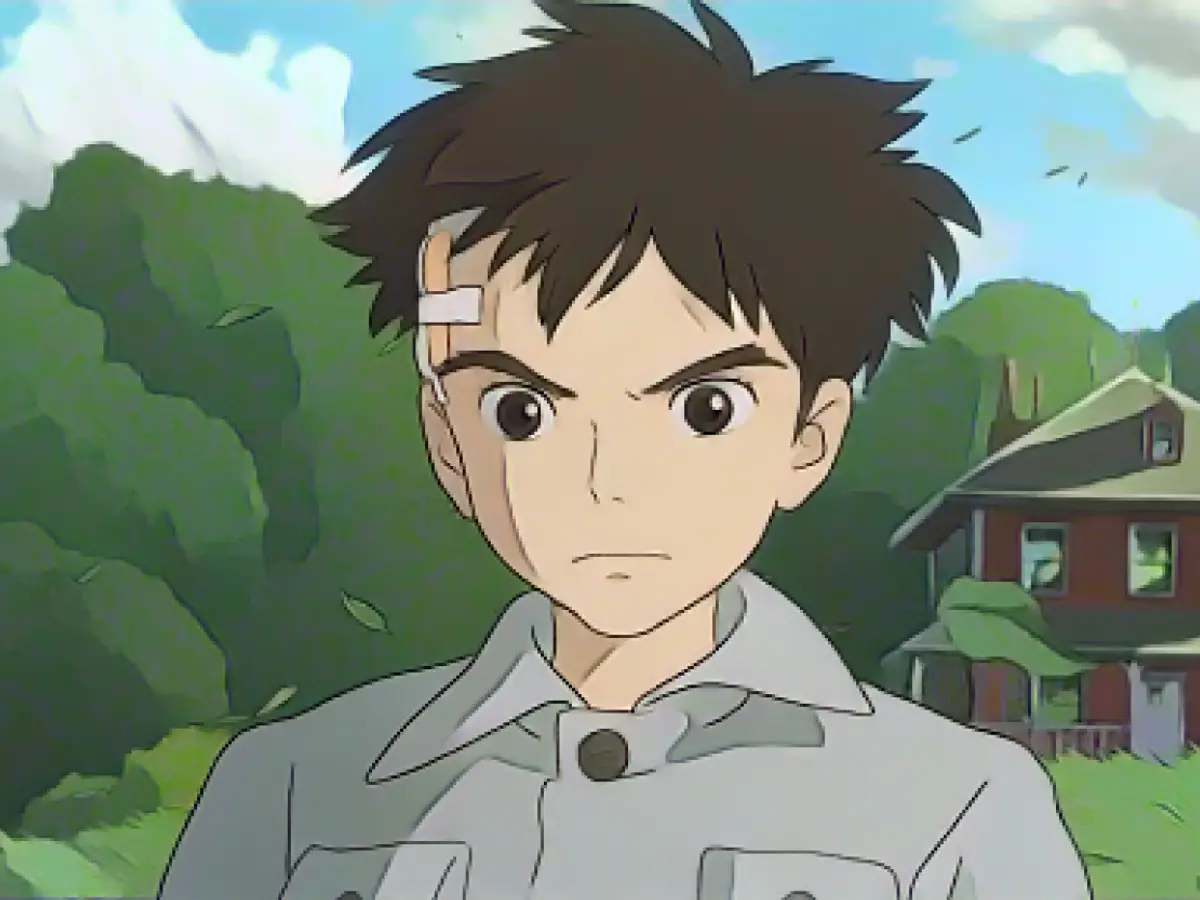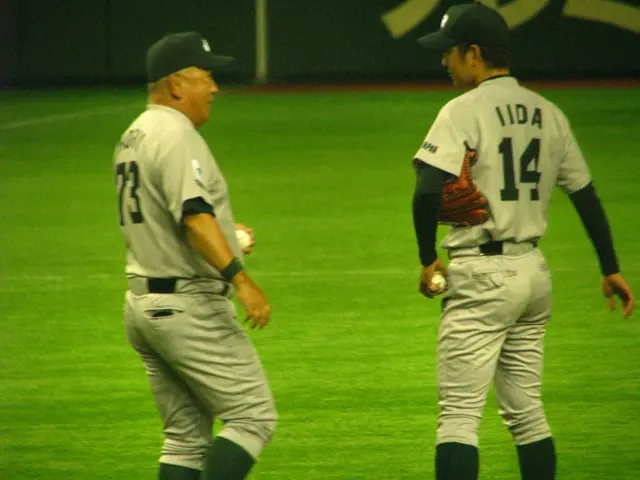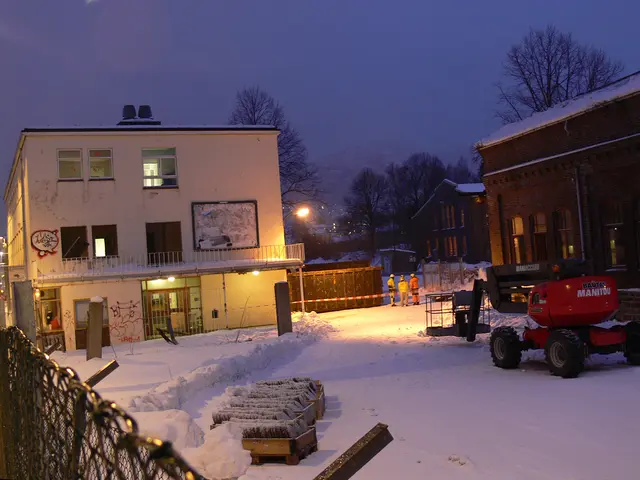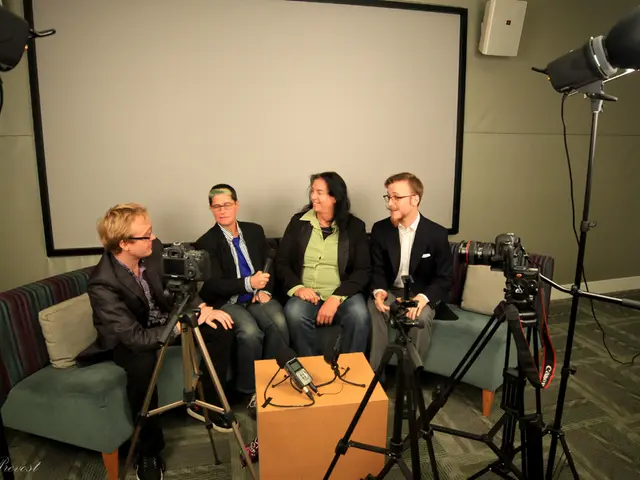In the realm of diverse worlds, each one might harbor a nefarious alternate ego, yet they also provide an opportunity to embrace a cooler, better version of yourself. With numerous options at your disposal, there's a spot for every hero to shine. The latest animation under the deft hand of legendary director Hayao Miyazaki, "The Boy and the Heron," seems poised to embody the power of alternate dimensions yet reminds us of the significance of our singular identities.
Set against the backdrop of World War II, our story follows Masato Maki, a young boy whose mother, Hisako, tragically perished in a fire. His father, Shoichi, marries Natsuko, Hisako's sister, and the family moves away from their previous home. Struggling to cope with his grief and find a new sense of normalcy, Masato develops a mysterious bond with a talking crow, Heron, who leads him on a journey to another, uncanny world.
A world that is stunningly similar to Alice's Wonderland, except there's no clear connection to the traditional concepts of multiversums and cohesive stories. In the spirit of wonder, "The Boy and the Heron" paints the picture of a dreamscape, teeming with the surreal and the absurd. The journey to find Hisako takes Masato through a series of bizarre and enchanting landscapes, peppered with characters that beguile him and leave him questioning his own reality.
Like many of Miyazaki's masterpieces, "The Boy and the Heron" unfolds with meticulous attention to detail, blending the whimsical and the mysterious in a way that only this master filmmaker can achieve. His sensitivity to the complexities of human emotion and his gift for storytelling create an emotional resonance that stays with viewers long after they leave the cinemas.
Enjoying a resurgence of popularity following a decade-long hiatus, Miyazaki has once again proven himself a master of his craft. His films are both visually and emotionally captivating, drawing viewers in with their rich tapestry of fantastical worlds and relatable human experiences. As our hero navigates the confounding world that Heron has led him to, the audience finds themselves questioning the nature of reality and the world around them, just as Masato does within the film.
"The Boy and the Heron" is not without its emotional weight, as our hero grapples with loss and longing, struggles with grief, and yearns for escape in a world that feels increasingly unbearable. Despite the shadows that befall him, Miyazaki's optimistic spirit shines through, reminding us of our shared humanity, and finding joy in the possibilities that dreams can bring, offering a glimmer of hope in the most challenging of times.
Footnotes:
[1] "Studio Ghibli's Hayao Miyazaki: From Nausicaä to The Wind Rises." IGN, IGN, 14 July 2013, .
[2] "Studio Ghibli celebrates 30 years with new feature 'The Red Turtle'." The Guardian, Guardian News & Media, 10 July 2016, .







